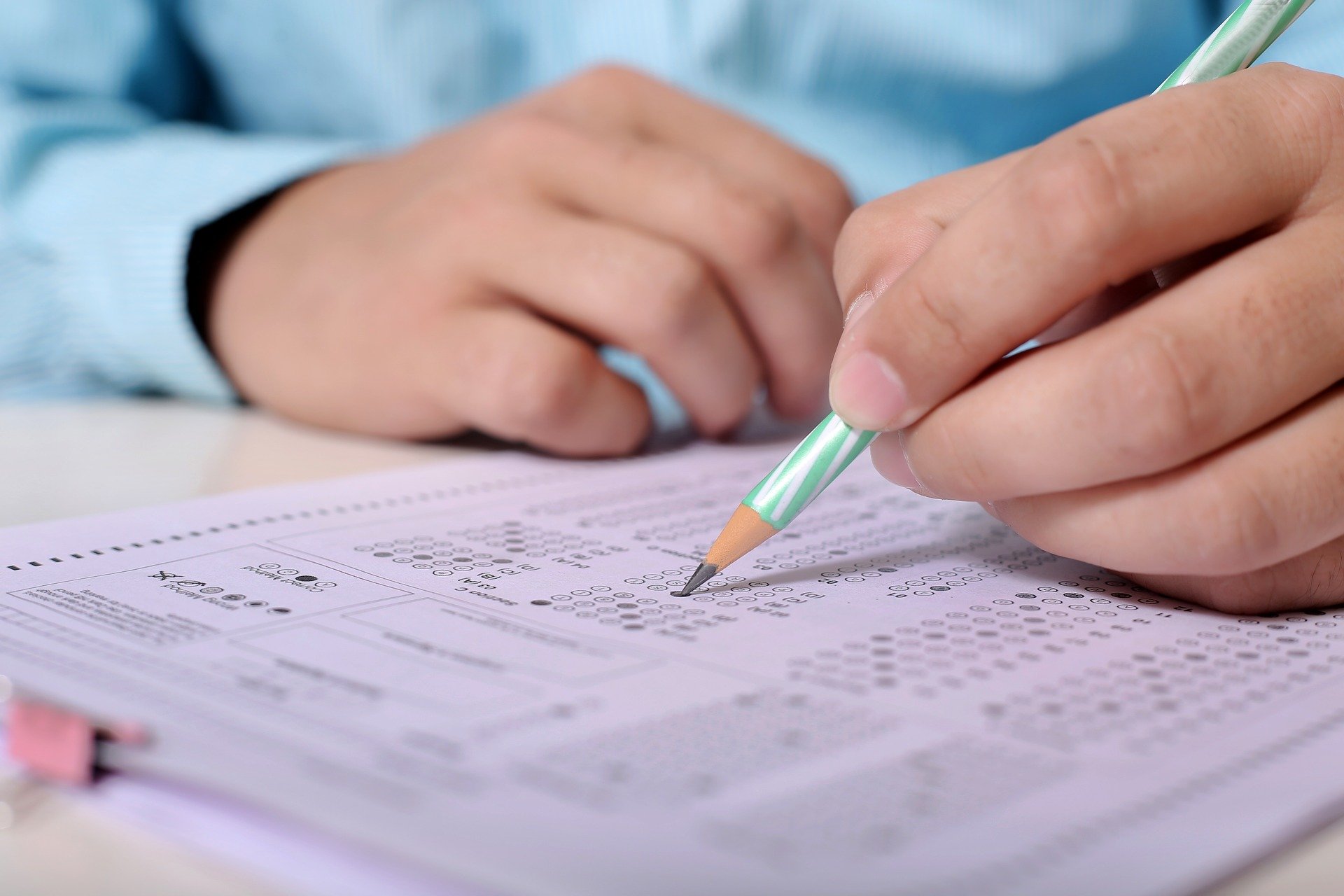7 Strategies for a Successful Psychology Exam
When you first receive the test, take a moment to read over the directions. If you have questions, ask your instructor to clarify, either to you personally or to the entire class. Don’t be embarra...

7 strategies for a successful psychology exam

#1: Read the test directions closely
When you first receive the test, take a moment to read over the directions. If you have questions, ask your instructor to clarify, either to you personally or to the entire class. Don’t be embarrassed: your fellow psychology students will likely have the same questions. If other students ask questions, don’t get so engrossed in your test that you miss out on answers to their questions.
#2: Survey the psychology test before beginning
Glance over the entire test and form a plan for how you will spend your time. You do not need to closely inspect every question, but your plan may be different for a test with fifteen multiple-choice questions and six essay questions versus a test with ninety multiple-choice questions and one essay. If the professor provides the point value of each question or section, focus on the sections with the highest point value if you expect to be pressed for time. Briefly look at any bonus questions, and answer those you know before spending time on complex, challenging questions.
#3: Read every question closely
Sometimes teachers will write questions that are deliberately reversed from what you might expect in order to challenge you. If you feel that a question is nonsensical, hard to understand, or contains typos, ask your instructor for clarification; misprints and editing accidents can happen.
#4: Prioritize how you will answer questions
You don’t have to answer the test questions in order. Start with the easiest questions that you can answer quickly. This will guarantee that you get points for correct answers, and also give you a confidence boost. You can then focus the rest of your time on more challenging questions that require more thought and work.
If you’re working on a tough problem and the answer is not immediately clear, don’t get stuck and waste valuable time. Move on to another problem, and come back to the harder problem later. For multiple-choice questions, rule out as many options as you can, and make an educated guess. For true/false questions, remember that absolute or near-absolute answers, such as those that use “always” or “never,” are often false. No matter how stuck you are, always take an educated guess. You have no chance of getting an answer right if you don’t try.
#5: Look for key words in psychology essay questions
Read the question thoroughly and be sure you understand the specific topic, as well as what you are supposed to “do” with your essay. Keywords include “define,” “explain,” and “compare.” Prepare a short outline on scratch paper to organize your thoughts, and consider the time you have. Address the topic with a direct response, and address all aspects of the question with specifics, not just general statements. You should use technical vocabulary from the course correctly, but don’t feel you need to show off. Even if you and your teacher differ in perspective on a course topic, you can write an informed answer that reflects you knowledge of different angles on this topic.
#6: Don’t get distracted during the psychology test
If other students are being disruptive, ask them to be quiet or inform the instructor. Avoid looking toward their papers. Don’t feel pressured if other students complete the test quickly and leave early; some students take tests very quickly, and this has little bearing on their actual performance on those tests. If you find yourself racing to finish and “get it over with,” be sure to review your answers and check your work to spot mistakes or questions you overlooked.
#7: Remember to breathe
If at any time during the test you feel yourself panicking or stressing out, put down your pencil and take several long, deep breaths. Imagine yourself relaxing and visualize a calm image. This will help clear your mind and fill your blood with oxygen.


